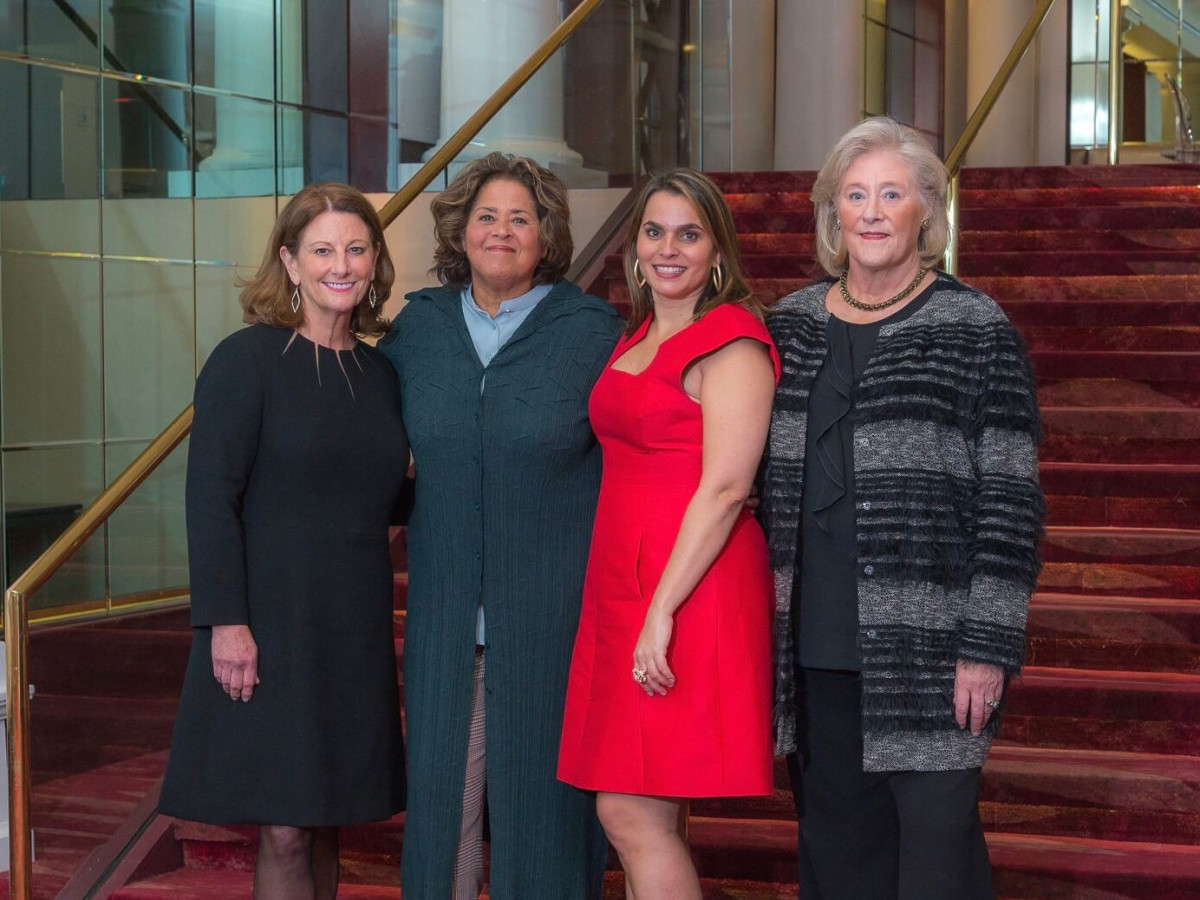


Few participants (< 10%) reported making changes to their diet, exercise habits, or insurance coverage because of their results. Half of participants reported discussing their genomic results with a healthcare provider during a median of 8.0 months after receiving the results 13.5% reported making an additional appointment with a healthcare provider specifically because of their results. The most commonly reported concerns prior to pursuing sequencing included how well the results would predict future risk (59.2%) and the complexity of genetic variant interpretation (56.8%), while 47.8% of participants were concerned about the privacy of their genetic information. Most participants (98.1%) were motivated to undergo sequencing because of curiosity about their genetic make-up. ResultsĪmong 1395 eligible individuals, 658 enrolled in the Consortium when contacted and 543 have completed a survey after receiving their genomic results thus far (mean age 53.0 years, 61.4% male, 91.7% white, 95.5% college graduates). Surveys inquired about sociodemographic characteristics, motivations and concerns, behavioral and medical responses to sequencing results, and perceived utility. Web-based surveys were administered before and after genomic results disclosure, or in some cases only after results disclosure. MethodsĪpparently healthy adults who participated in four of the sequencing projects in the Consortium were included. Here we describe the design and early outcomes of the PeopleSeq Consortium, a multi-cohort collaboration of predispositional genome sequencing projects, which is examining the medical, behavioral, and economic outcomes of returning genomic sequencing information to healthy individuals. Increasing numbers of healthy individuals are undergoing predispositional personal genome sequencing.


 0 kommentar(er)
0 kommentar(er)
